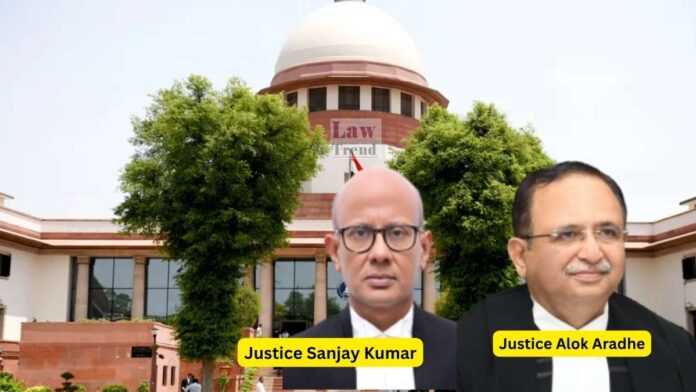The Supreme Court of India has set aside a judgment of the Orissa High Court and ordered a fresh auction for a sand quarry, ruling that a tender committee’s misinterpretation of the term ‘previous Financial Year’—which led to the disqualification of the highest bidder—was erroneous and vitiated the decision-making process. The judgment, delivered by a
To Read More Please Subscribe to VIP Membership for Unlimited Access to All the Articles, Download Available Copies of Judgments/Order, Acess to Central/State Bare Acts, Advertisement Free Content, Access to More than 4000 Legal Drafts( Readymade Editable Formats of Suits, Petitions, Writs, Legal Notices, Divorce Petitions, 138 Notices, Bail Applications etc.) in Hindi and English.




